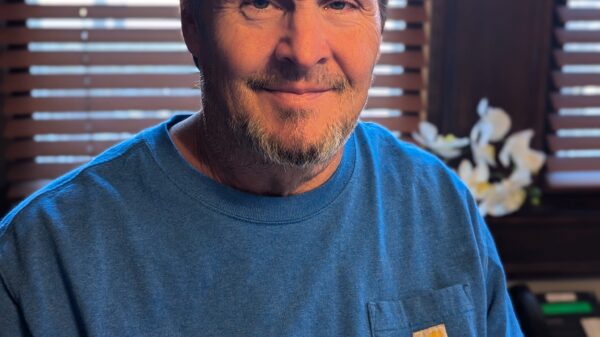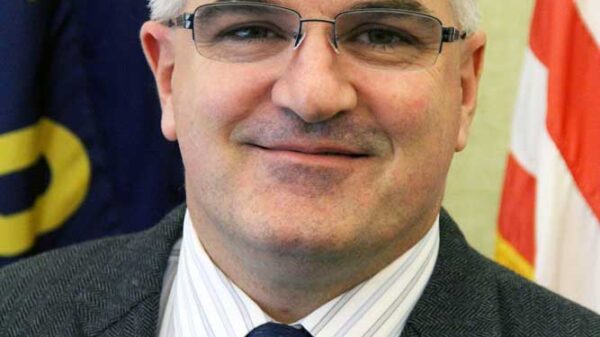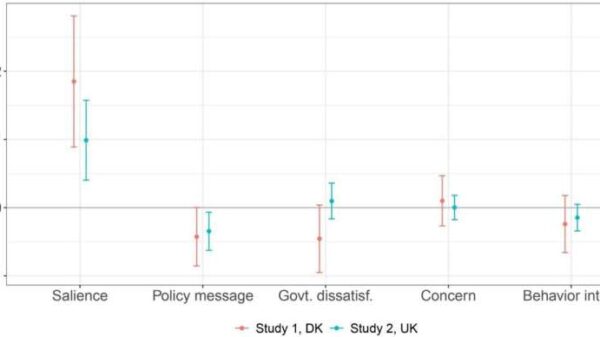Photographers often find themselves in a challenging position when it comes to accepting work. The initial instinct is typically to say yes, driven by the need for income and portfolio expansion. However, not every opportunity is a beneficial one. In fact, declining certain projects can be a strategic move that protects both the photographer’s time and professional reputation.
Recognizing the Warning Signs
One of the primary indicators that a project may be problematic is when the job description lacks clarity. Clients who describe their needs with phrases like “just a couple of quick shots” or “nothing complicated” often do not understand the potential for complications. What begins as a simple task can rapidly transform into an extensive project, with increased demands on the photographer’s time and resources.
When photographers accept vague requests, they risk their profit margins. Each ambiguous request, such as altering lighting setups or extensive post-processing, can lead to unanticipated work that the client may not recognize. This miscommunication can result in a reputation for being overly flexible, attracting clients who may not respect boundaries or professional standards.
Photographers should also be cautious of clients who speak negatively about previous professionals they have worked with. If a potential client disparages their last photographer or is overly focused on minimizing costs, these behaviors are red flags indicating future difficulties. Such clients can be demanding and may not appreciate the value of the work being provided. This can lead to a situation where the photographer feels drained and overextended, ultimately hindering their ability to focus on more rewarding clientele.
Managing Time and Professional Growth
Rushed timelines also pose significant challenges. While some last-minute requests can be accommodated with adequate compensation, many are simply unrealistic. When timelines conflict with quality standards, the end result often suffers. Photographers may find themselves delivering work that fails to meet their own standards due to the pressures of a tight deadline.
This scenario not only affects the quality of the work but also has personal repercussions. Stress from tight deadlines can lead to burnout and negatively impact overall well-being. A sustainable career in photography is built on balancing the demands of the profession while maintaining personal health.
Another pitfall arises when photographers stray too far from their areas of expertise. While the temptation to explore different genres may seem appealing, it can dilute a photographer’s brand. Clients expect consistent quality across all work, and a portfolio that lacks focus may confuse prospective clients about what the photographer specializes in. This lack of clarity can ultimately hinder growth and limit future opportunities.
Trusting Your Instincts
Sometimes, the warning signs are less tangible. Feelings of unease during initial conversations with a client can indicate potential issues. Experienced photographers often develop a sense of intuition based on past encounters. If a client’s hesitancy or evasiveness raises concerns, it is prudent to trust those instincts.
Declining a project does not equate to losing income; rather, it can be viewed as an investment in professionalism and future opportunities. By saying no to projects that exhibit warning signs, photographers create space for more rewarding engagements that align with their expertise and values.
Ultimately, the ability to decline work is a hallmark of professionalism. It reflects respect for one’s craft and a commitment to maintaining high standards. As photographers navigate their careers, recognizing when to say no can lead to greater success and fulfillment.
Alex Cooke is a photographer based in Cleveland, who also has a background in meteorology. He enjoys teaching music and spending time with animals.



































































